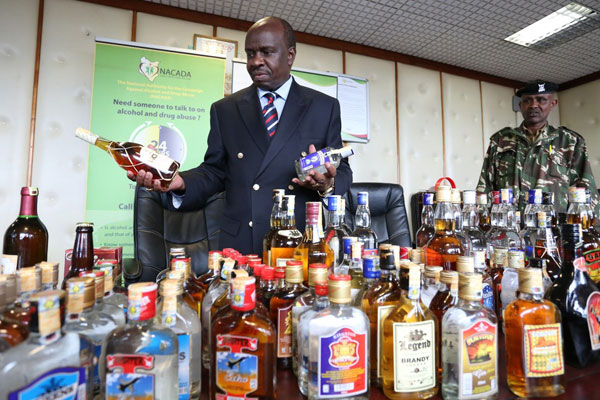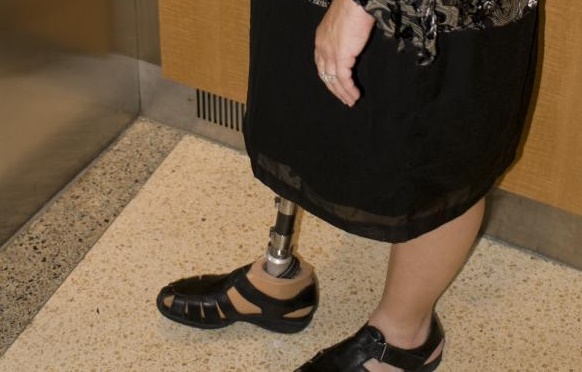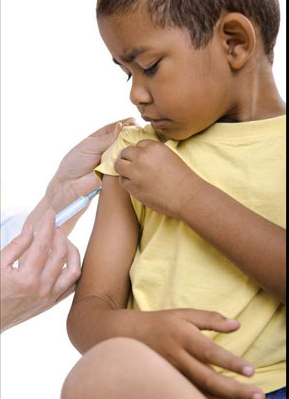
Alcohol and diabetes – watch your consumption
Last week, we talked about large waistlines and diabetes. What other factors increase your chance of getting type-2 diabetes?
Number two is alcohol
Excess alcohol can itself cause diabetes by reducing the body’s sensitivity to insulin. The alcohol itself can damage the pancreas, which is the organ that produces insulin. If the pancreas is damaged, it produces less insulin, which leads to diabetes. Indirectly, alcohol contains a huge amount of calories and excessive consumption causes weight gain and all the associated problems which lead to diabetes.
We are drinking more as a nation – it’s so critical that the government has had to intervene, although it is mainly about fighting illicit brews…
A survey conducted by the National Authority for the Campaign Against Alcohol and Drug Abuse reveals that more than 6,000 individuals die annually due to alcohol related problems in Kenya.
Year after year, we read about illicit brewers laced with methanol that blind the drinker or kills them. For those that are not blinded or killed, these brews are still causing permanent damage to their internal organs.
Even the local brews that are considered ‘safe’ like the coconut wine (mnazi) in Coastal Kenya. When I used to do fieldwork in the village of Ngerenya, Northern Kilifi, it was normal to find men drinking mnazi at 10am. It was not rare to see the yellowing in the eyes of the older drinkers – a sign of likely liver damage.
There is no alcohol safe enough to regularly binge on.
The women of my generation drink a lot more than our mothers ever did and our daughters will likely outdrink us. It may be fun, but think of what it is doing to your insides and focus on moderation.
According to the World Health Organization (WHO), in 2012, about 3.3 million deaths, or 5.9% of all global deaths, were attributable to alcohol consumption. You can download the report on the world’s alcohol problem as reported by the WHO in 2014 here:
http://www.who.int/substance_abuse/publications/global_alcohol_report/msb_gsr_2014_1.pdf
You don’t have to be a teetotaler – there are health benefits of a glass of wine a day as the apostle Paul told the young man Timothy in the New Testament (1st Timothy 5:23- Stop drinking only water and use a little wine…..).
So what is ‘a little wine’? What are the ‘safe’ levels of alcohol to consume? The guidelines set the limit at 2–3 units per day for women and 3–4 units per day for men – whether you have diabetes or not.
https://www.diabetes.org.uk/Guide-to-diabetes/Managing-your-diabetes/Alcohol/
So what is a unit?
One unit is about:
- About 300 ml of ordinary beer or lager (3.6% ABV) – When you drink, look at the amounts of alcohol you are drinking and the alcohol % which is always written on the label of the bottle. How much is in your regular brand of Tusker, White cap, Pilsner, Senator etc? And how much are you drinking – how many units are those
- About 25ml of vodka or whisky (40% ABV)
In this group is where most of the risk among Kenyans is as there are now many local manufacturers of this high alcohol drinks, making them cheap and easily available. Buying a ‘small’ drink of 100ml vodka to mix in your soda is already over-dosing on the stuff. The chang’aa and busaa that is locally brewed often has high levels of alcohol yet it is sold in a glass – the first drink is already an overdose as far as the body is concerned – yet these fellows will drink all night…….
- About 90 mls of wine.
A ‘normal’ glass will contain 175ml which is 2 units of alcohol. Ladies, we do like our wine, but there really needs to be a limit, keep it to a glass of wine a day and not ‘drink till tipsy’ – your body will revenge!
There is a direct link between alcohol abuse and diabetes – remember this when you next have a drink – be on the lookout for the % of alcohol and note the amounts you drink.
Your usual drink may not blind you or ‘kill you quick’ like the illegal stuff – but its damaging your body and can land you with diabetes. Health ministries in African should invest more not only in reducing illicit brews but educating people on the dangers of excessive alcohol consumption. Treating diabetes for a lifetime is not cheap, as a drinking population ages, with a push for universal health coverage in full gear – health ministries will need to cough up a lot of money to treat diabetes. It is better to preach prevention and avoid a crisis.
Moderation is the word.
Next week – I will continue to talk about risk factors for diabetes





